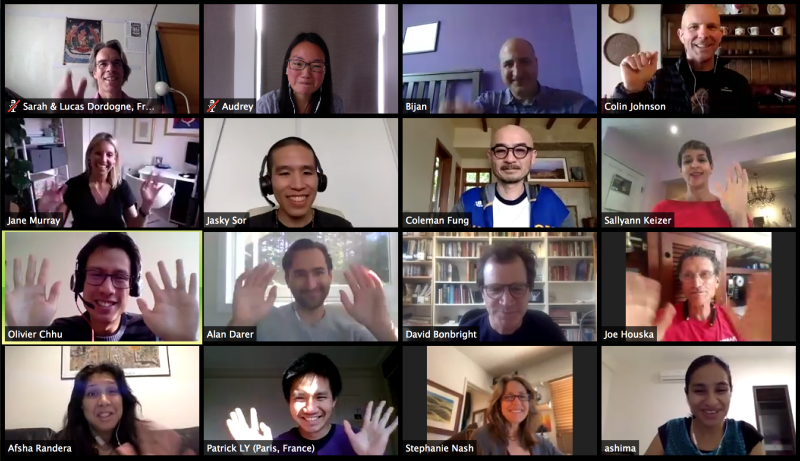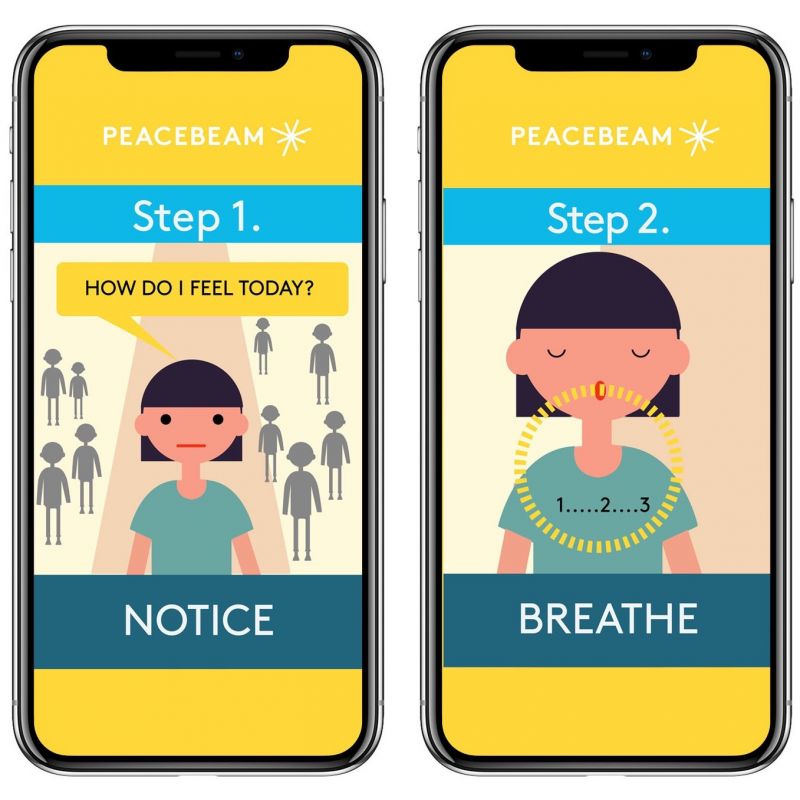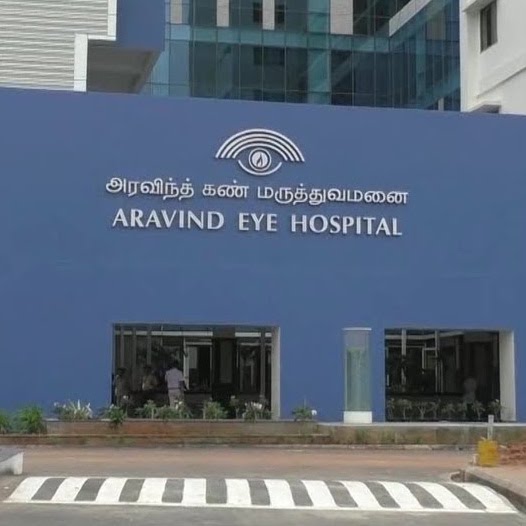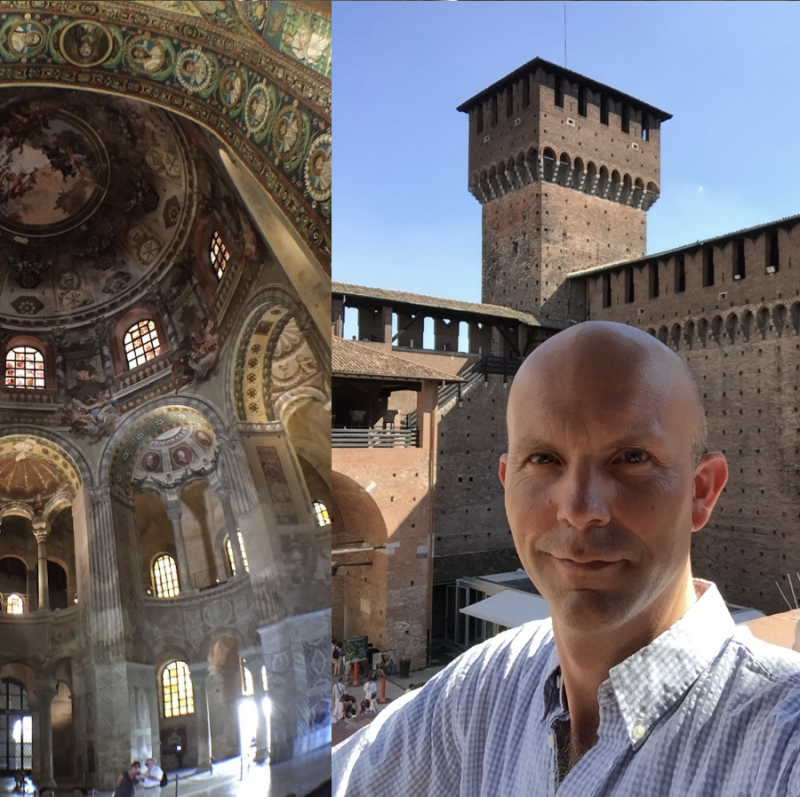Mystery Of Gift Designs: Context, Community, Conditions

Today, a few of us circled up to hear stories and insights from an array of labor-of-love experiments amongst volunteers of our latest circles.
So much was surfaced, and common themes that emerged amongst our panelists' experiences seemed to hinge around insights like:
- Mystery: There's a deeper knowing in not knowing. Can we attune to -- and be an instrument of -- the greater "mystery" that underlies all of us?
- Context: Value lies in the depth of our relationships. How to cultivate community that can give context to any labor-of love?
- Conditions: Are we moving at the pace of our conditions?
- I've learned theories of gift economy, how to apply it in practice? How can I learn from concrete gift experiments?
- How to implement gift ecology or ServiceSpace values in a market economy?
- When looking at measuring impact and doing good, how much should I look inside vs. outside?
- How do I discern between laziness and a "do nothing" approach?
- I'm being pulled in a direction that seems contrary to going into service. What is drawing me towards or taking me off my path?
- How can I tap into the dreams and wonder I had in my childhood? How to keep that curiosity and innocent idealism alive today?
- How can I strengthen my service path?
Then, we invited our panelists to share on a few questions Lucas invited. Below are some paraphrased snippets:
(a) What has been your most encouraging and empowering experience of emergence or applying gift economy? And what was crucial for it to happen?
- A core realization for me was there is a deeper knowing in not knowing -- I didn't have to know the answers. [Jane]
- In 1983, ego brought me to work with Aravind Eye Hospital, but my soul was what came back home. They didn't have the knowledge base [garnered from experiences as a surgeon for SF General Hospital, Miami General Hospital, Israel, Colorado, and other places]. But I couldn't even begin to know the magnitude of their inner world. ... Dr. V's core principles were compassion (turn no one away), excellence (can't compromise on quality), and sustainability (can't be dependent on philanthropy). I had to leave my comfort zone and swim upstream. There's potential for loneliness in the arena where you've succeeded and yet you're not fulfilled by that success. ... and a call to step into the greater mystery. [Bill]
- While in Berkeley doing my PhD, we started a startup and did quite well. At some point, I got sick of that, and realized it didn't speak to my inner aspirations. Along a spiritual journey has led me to gain a deep trust and relationship with mystery -- that everything unfolds for a reason. While visiting the Berkeley Hills again, some years back, I prayed: "God connect me with people who are all about service." [Bijan]
- A key to implementing labor-of-love projects is creating a social field or community ... yet, to build that social field, you have to really lead with your own inner change. There's no copy-paste formula, but there's something that lies in deep relationships with people ... You need a context for the content. When you are connected in good ways, you learn so much without knowing. [Parag]
- Over the course of 25 years seeing the physical evidence of environmental collapse that the entire system we're in is driving us to ruin. For as much as I want to be operative in this system -- in this system how do I make a meaningful impact? Or, maybe this system isn't where I'll find it. [Colin]
(b) What have been the most dangerous moments in your journey, and how could you balance or transform them?
- The "dangerous moments" come up in the tension between market economy practicality and a desire to express something outside of cultural norms. ... I really do think it's all about context -- there are some contexts where gifts will flourish, and others where it won't. One where it won't is if the leader is so stressed due to financial pressure, there's no route for circumstances to flourish. [Jane]
- "The most dangerous thing is laziness." :) [Parag]
- When you feel things are going faster than the pace that you feel comfortable moving, I sense danger. ... Also, we live in a paradigm of big market forces ... beyond aims to secure funding, what enables a company to foster deeper metrics of sustainability? [Bijan]
(c) How does money work in your system?
Parag described: In our city, we host Karma Kitchen. It's always sold out, and after each monthly event, 30-40% of attendees will sign up to volunteer for the next one. We often generate 2-3 times the cost and feed 100-110 people. It's a great labor-of-love -- not just in terms of meeting costs financially, but as the whole experiment and the value it generates. I also founded a high-end private high school. Four times a year, we put on a book fair. I thought, "Let's run this on a gift basis, and see what happens." We generally lost 10-15% of costs, which wasn't so bad -- but beyond finances, the reason it didn't work was that there was not a lot of enthusiasm around it. The key difference between these two experiments is the context. How do you create a context for gift, and ultimately, selfless love, to land? This is not just about exchanging goods. The goods -- whether food, books, etc -- are an excuse for love to flow.
 In Jane's kindness capital experiment, her startup offers an audiobook, which can be bought with money or by doing 7 acts of kindness. In the pilot's initial data, they've found the responses vary by age: children aged 6-11 love the kindness capital option; pre-teens aged 11-13 find it harder to get excited about; adults aged 20-35 think it's lovely, but wonder about feasibility of costs; and then adults 50 years or older tend to embrace the idea. How to nurture a context to engage multiple forms of wealth, in a world conditioned by market economy?
In Jane's kindness capital experiment, her startup offers an audiobook, which can be bought with money or by doing 7 acts of kindness. In the pilot's initial data, they've found the responses vary by age: children aged 6-11 love the kindness capital option; pre-teens aged 11-13 find it harder to get excited about; adults aged 20-35 think it's lovely, but wonder about feasibility of costs; and then adults 50 years or older tend to embrace the idea. How to nurture a context to engage multiple forms of wealth, in a world conditioned by market economy?
 Bill summarized experiences from Aravind Eye Hospital: 50% of their work is done at no charge. The system functions on paying clientele, but if they get too many paying clientele, they can't serve the volume of underserved. (And Dr. V's mission was to cure needless blindness.) On the flipside, if they get too many underserved patients, they run into infrastructure costs. They created in-house factories to make lenses at a fraction of the cost. They also practiced "skillful rejection" -- saying no when something is not right or values aligned. But finally -- a core element of what fuels their design is surrender: give into what the mystery is asking us for. Who do we have to be, to surrender to that greater mystery?
Bill summarized experiences from Aravind Eye Hospital: 50% of their work is done at no charge. The system functions on paying clientele, but if they get too many paying clientele, they can't serve the volume of underserved. (And Dr. V's mission was to cure needless blindness.) On the flipside, if they get too many underserved patients, they run into infrastructure costs. They created in-house factories to make lenses at a fraction of the cost. They also practiced "skillful rejection" -- saying no when something is not right or values aligned. But finally -- a core element of what fuels their design is surrender: give into what the mystery is asking us for. Who do we have to be, to surrender to that greater mystery?
 From personal experiments, Colin parsed: "In my own world, I've done consulting and given it on a gifted basis. Sometimes, people are so bewildered at what that means and don't give anything. In other cases, resources have circulated back from a direct source. ... I strive to find a place of sufficiency and give all I've got from there. Or, if/when my conditions allow for it, find a lifestyle that's completely content with no income whatsoever." How to move at the pace of our conditions?
From personal experiments, Colin parsed: "In my own world, I've done consulting and given it on a gifted basis. Sometimes, people are so bewildered at what that means and don't give anything. In other cases, resources have circulated back from a direct source. ... I strive to find a place of sufficiency and give all I've got from there. Or, if/when my conditions allow for it, find a lifestyle that's completely content with no income whatsoever." How to move at the pace of our conditions?
- In
 his disaster resiliency company, Hotel Resilient, Bijan described: "We've come up with a structure with Phuket, a travel destination in Thailand. We'll provide all their certifications as an exchange for them to translate all our content into Thai. This is one mechanism by which it works with this destination for us to do this. But on the other hand, it takes other resources for us to do this certification, so this may not be sustainable in the long-run. How do we create an engagement spectrum for many forms of value to flow? [Bijan]
his disaster resiliency company, Hotel Resilient, Bijan described: "We've come up with a structure with Phuket, a travel destination in Thailand. We'll provide all their certifications as an exchange for them to translate all our content into Thai. This is one mechanism by which it works with this destination for us to do this. But on the other hand, it takes other resources for us to do this certification, so this may not be sustainable in the long-run. How do we create an engagement spectrum for many forms of value to flow? [Bijan]
With so much to chew on, we also dove further in a Designing for Values brainstorm with laddership fellows the following Wednesday!
In case of interest, temporary audio and video recordings of the call, too. :)
Posted by Audrey Lin on May 16, 2020
SHARE YOUR REFLECTION
10 Past Reflections


On May 17, 2020 Rachel Butt wrote:
Wow! Thank you so much for this fascinating discussion and summery. It feels so much lighter to live these questions together rather than forcing an answer or an end goal that must be reached. Big love to you all x

On May 17, 2020 Gayathri Ramachandran wrote:
Wow! Much personal resonance here. Thanks to the story-tellers, and to Audrey for this recap -- especially the discussion around points of tension/dangerous moments in the journey and how does money integrate into these systems. These are questions I'm asking as well and it is so valuable to hear from others on this

On May 17, 2020 sunita Lama wrote:
Thank you, got an understanding to so many questions that i hold and the encouragement to carry on :).Service Space to the rescue always

On May 17, 2020 Joe Houska wrote:
Wonderlful circle. Thank you, everybody, for the dialogue, ideas and questions! I took notes!
Audrey, I so enjoyed your summary. It allowed me to take in pieces I missed, as well as take in more deeply those I heard.
Audrey, I so enjoyed your summary. It allowed me to take in pieces I missed, as well as take in more deeply those I heard.

On May 17, 2020 Naren Kini wrote:
Audrey: It has been a joy going thru this. A walk down the memory lane if you will. So many aspects of looking at things changed after our Circle. I look back and see how my responses would be different if the same questions were posed today. I believe this in itself has been a journey of revelations. It happens to all, one has to cultivate awareness and be patient. Thank you for providing the platform to reflect. Namaste.

On May 17, 2020 Ashima Goyal wrote:
Thank you for this recap Audrey! It was special to be back in a laddership circle! What a pertinent theme for the breakout and thank you for all the ladders for sharing their experiences, learning, and wisdom :-).

On May 18, 2020 Joserra G. wrote:
Beautiful meaningful shares! Thanks! Mystery, Context and Conditions is a great tripod! Love how conversation dances between inner realisations and social systems design for love. It's a dynamic, endless conversation, and I love to see all these different brilliant designs and experiments coming up! Kudos to Laddership and all!
1 reply: 789win | Post Your Reply

On May 18, 2020 Victoria Crawford wrote:
Thank you Audrey for your summery....I felt like I was right there. So many deep and powerful questions and reflections.......and much to be with. It's wonderful to be part of this!

On May 21, 2020 Bijan Khazai wrote:
Thank you so much Audrey for such a thoughtful recap of our conversations! I am so glad that I was able to be there.


On May 17, 2020 Parag Shah wrote:
Post Your Reply